Discussion and Q&A with Elizabeth Finkel & Panel
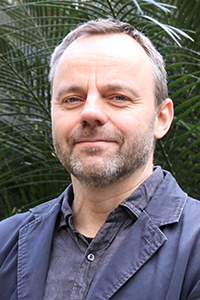
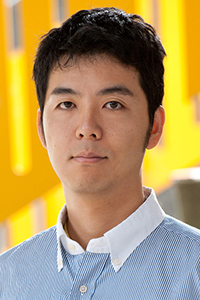
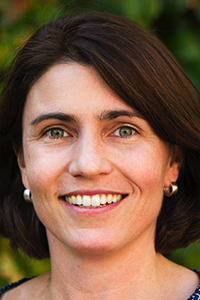
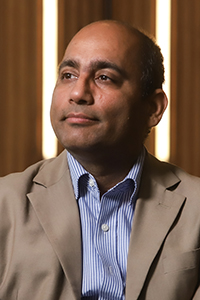
As machines increasingly match the capabilities of humans, it’s never been more challenging to describe the nature of consciousness. It’s an enterprise that now involves philosophers, psychologists, neuroscientists and engineers. Elizabeth Finkel will take a look at the progress with a panel whose members are all globally recognized leaders in this field.
Jakob Hohwy is Professor of Philosophy at Monash University in Melbourne, Australia. He studied in Aarhus, Denmark, and St Andrews, Scotland, and did his PhD at the Australian National University. Jakob is the Director of the interdisciplinary Monash Centre for Consciousness and Contemplative Studies (M3CS), which conducts theoretical and empirical research in consciousness science, contemplative studies and philosophy of mind. In his work, Jakob collaborates with neuroscientists, psychologists, and psychiatrists on topics such as the neural correlates of consciousness, the nature of the self, mental health, wellbeing, and mindfulness. He has conducted several clinical studies on autism, Parkinson’s, personality disorder and other conditions. Jakob has published over one hundred influential journal articles on these topics and is the author of the highly cited book The Predictive Mind, which explains perception, consciousness, and self through the notion of the brain as primarily engaged in uncertainty reduction. He is Deputy Editor of the Oxford University Press journal Neuroscience of Consciousness.
Dr Nao Tsuchiya was awarded a PhD at California Institute of Technology (Caltech) in 2006. Upon postdoctoral training at Caltech until 2010, he received a PRESTO grant from Japan Science and Technology (JST) agency and returned to Japan in 2010. In Jan 2012, he joined the School of Psychological Sciences at Monash University as an Associate Professor (Professor from 2020). From 2013 to 2017, he was an ARC Future Fellow. His main research interest is to uncover the neuronal basis of consciousness. Recently, he focuses on the novel Qualia Structure approach on consciousness, which advocates to characterize the structure of qualia by measuring the similarity between visual qualia on a large scale, and to reveal their neural correlates and their information structure. The Qualia Structure project will further employ various research methods, including phenomenology, development, and constructivism, in order to estimate structures of qualia from perceptual to emotional domains. The outcome of this field is the creation of a new interdisciplinary research program that will have impacts to the general society, such as understanding the consciousness of others and the consciousness of animals and artificial intelligence.
Olivia Carter is a Professor in the Melbourne School of Psychological Sciences and Research Impact Lead for the faculty of Medicine Dentistry and Health Sciences at the University of Melbourne. After completing dual BA/BSc undergraduate degrees with a triple major in Psychology, Anthropology and Neuroscience, she undertook a PhD in Neuroscience from the University of Queensland, followed by a post-doctoral fellowship at Harvard University. Her research spans traditional disciplinary and methodological boundaries to investigate the neurobiological and psychological factors that influence human experience in healthy and clinical populations. She has a passion for research translation through industry and community engagement and in the context of academic leadership has served as the Executive Director of the International Association for the Scientific Study of Consciousness and the President of the Australasian Cognitive Neuroscience Society.
Adeel Razi is an Associate Professor at the Turner Institute for Brain and Mental Health, School of Psychological Sciences, and Monash Data Futures Institute at the Monash University, Australia. He is a computational neuroscientist who uses both mathematical and experimental methods for his investigations. He leads a highly cross-disciplinary laboratory doing research combining engineering, physics, and machine-learning approaches to answer questions that are motivated by and grounded in neurobiology. This endeavour will enable him to go beyond the traditional boundaries in order to understand how the brain works. His research has implications for building new neuroscience-inspired artificial intelligence systems, treatment of brain diseases and development of new neuro-technologies. His work has been published in journals such as Neuron, Nature Communications, and Proceedings of the National Academy of Sciences, and has been featured in BBC, CNN, Nature, The Economist, The Guardians, The New Yorker, and The Age. He joined Monash after finishing his postdoctoral studies (2012-2018) at the Wellcome Centre for Human Neuroimaging, UCL, UK. He received the B.E. degree in Electrical Engineering (with a Gold Medal) from the N.E.D. University of Engineering & Technology in Pakistan, the M.Sc. degree in Communications Engineering from the University of Technology Aachen (RWTH), Germany, and the Ph.D. degree in Electrical Engineering from the University of New South Wales, Australia in 2012.
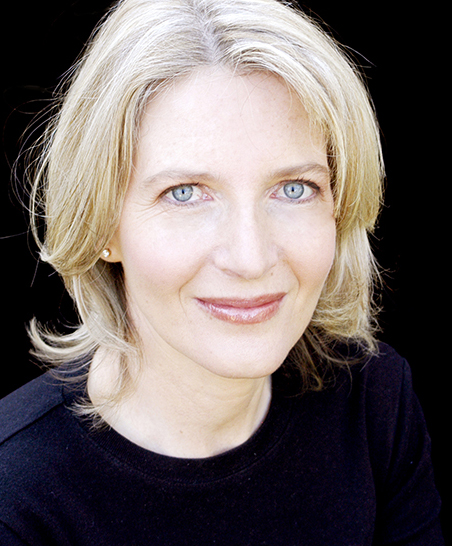
Panel host Elizabeth Finkel is a biochemist who switched to journalism. She co-founded Cosmos Magazine, serving as Editor in Chief from 2013 to 2018 and is now Editor at Large. She is the author of “Stem Cells” which won the Queensland premier’s Literary award and “The Genome Generation”.
Besides journalism, she serves as a Vice Chancellor’s fellow at La Trobe University and on advisory committees for Latrobe University Press and Zoos Victoria.
